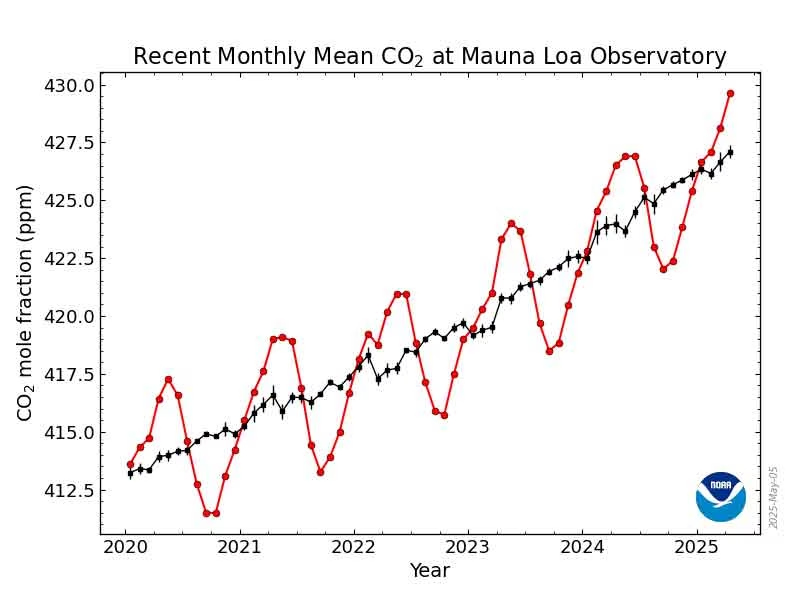
CARDIFF – Over the first four months of 2025, 66 Norwegian citizens convened to discuss how Norway’s immense oil wealth can best serve current and future generations, both domestically and globally. Unlike traditional policymaking, where elected officials and experts call the shots, this so-called Future Panel – the second such assembly held in Norway – allowed ordinary citizens, selected through a representative process and equipped with the necessary knowledge, to craft recommendations through informed debate.
By embracing a more radical model of deliberative democracy that focuses on the long-term collective good rather than short-term political interests, Norway is setting a precedent for other countries. Perhaps more importantly, when presenting its recommendations to the Norwegian parliament on May 13, the Future Panel formally demanded a legal framework – including a dedicated commissioner – to safeguard future generations. If enacted, it would demonstrate that grassroots advocacy can bring about a paradigm shift in governance.
I experienced the potential of this shift firsthand as the first Future Generations Commissioner for Wales, which passed the Well-being of Future Generations Act in 2015. The law requires public bodies to consider the long-term consequences of their decisions, ensuring that sustainability and intergenerational justice are embedded in policymaking.
The act was the result of a year-long national conversation – another deliberative democratic process. In 2014, the Welsh government asked its citizens to discuss what kind of country they wanted to leave behind for their children and grandchildren. Their answers helped shape the legislation’s seven long-term well-being goals, which serve as a north star for policymakers.
Momentum for such legislation is growing globally. In September, the United Nations General Assembly adopted a Declaration on Future Generations that encourages governments to institutionalize long-term thinking.
Norway’s opportunity to do so could prove particularly consequential because of the country’s $1.8 trillion sovereign oil fund. As climate change accelerates and economic uncertainty deepens, Norway must develop a new vision for financial stewardship that will help preserve planetary and societal well-being.
First and foremost, as one of the world’s largest oil exporters, Norway must reckon with its fossil-fuel dependency. To be sure, the country has committed to ambitious climate targets, including net-zero emissions by 2050. But it continues to expand oil exploration, despite the global call for a managed decline in fossil-fuel production and the vulnerability of its pristine ecosystems – from the Arctic tundra to vast fjords – to environmental degradation. Norway also faces the challenge of moving to a post-oil economy amid the shift to renewables. To mitigate the cost of stranded assets, protect workers, and ensure a fair transition, the country will need to diversify carefully.
A Norwegian future generations act based on the Welsh model would embed intergenerational responsibility into policy decisions, ensuring that the government seeks to balance social, economic, environmental, and cultural well-being for current and future generations. As part of that process, a future generations commissioner could act as an independent advocate, flagging measures that conflict with the law’s aim and holding political leaders accountable for pursuing and achieving a balance between the short and long term.
Many of today’s challenges attest to the dire consequences of failing to plan for the future. From climate change to demographic shifts, these often-intersecting problems stem from shortsighted decision-making and a willful blindness to robust data and trends. What happens, for example, when Norway’s aging population struggles to adapt to hotter temperatures, putting even more pressure on its overburdened health-care system?
But long-term thinking is not only about preventing problems. It is also about working toward a better and more hopeful future. The Welsh model, for example, has given the government and public institutions a vision that seeks to transcend political cycles. Since becoming more future-oriented, policymakers have prioritized investing in public transport over building roads; focused on keeping people healthy, instead of just treating the ill; and even revived Welsh, a once endangered language.
Norway’s Future Panel has spoken, and now the government is at a crossroads. Will it become a global leader in long-term policy planning, ensuring that its oil wealth benefits generations to come? Or will it make decisions based solely on short-term considerations, perpetuating crises that future citizens will have to fix? If its citizens’ wishes are to be respected, Norway must assume the responsibility to help create a world that improves human well-being and equity.
Subscribe to Our Newsletter
Get the latest CounterCurrents updates delivered straight to your inbox.
Sophie Howe was the first Future Generations Commissioner for Wales.
Copyright: Project Syndicate, 2025.
www.project-syndicate.org












































